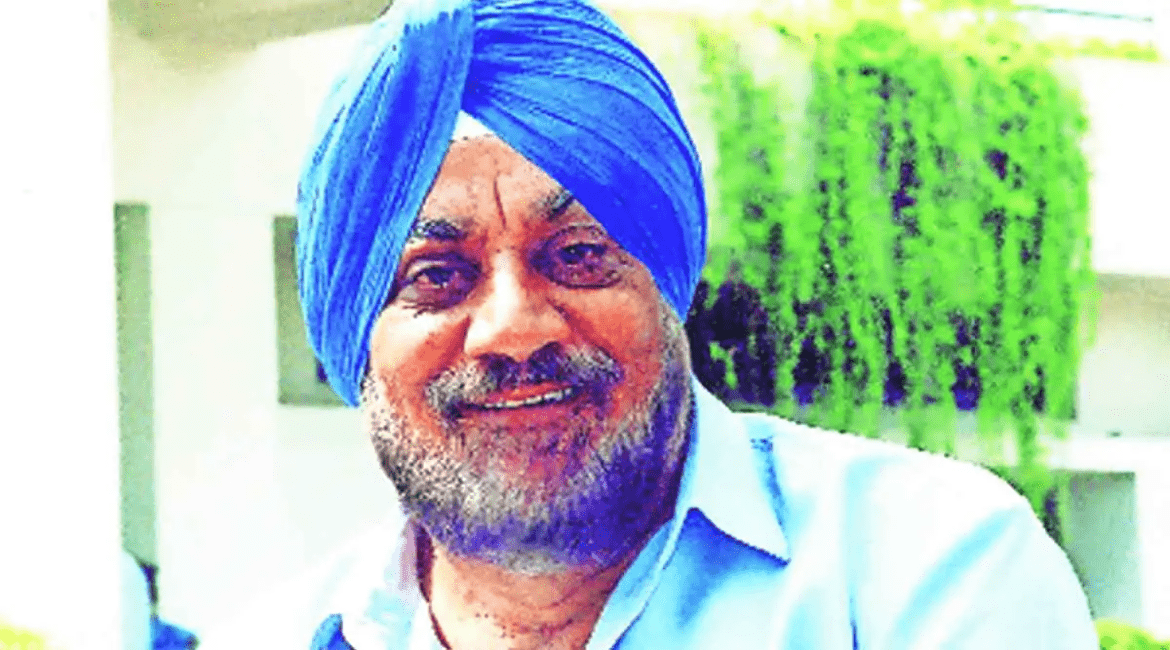AI Generated Summary
- His accomplishments, whether scaling the heights of Everest or founding a groundbreaking medical institution, reflect a commitment to excellence and a profound sense of duty towards society.
- This pioneering institution stands as the first of its kind in Asia, a testament to Major Ahluwalia’s commitment to alleviating the suffering of those afflicted by spinal injuries.
- On May 29, 1965, he unfurled the spirit of Guru Nanak on the summit, adding a spiritual dimension to his extraordinary achievement.
In the annals of India’s history, certain names shine brightly, emblematic of courage, valor, and unwavering dedication. Major H.P.S. Ahluwalia is one such luminary, a recipient of the country’s top awards including the Padma Bhushan, Padmashree, Arjuna Award, and a National Awardee. His journey is not only marked by military triumph but also by remarkable feats in the world of adventure and humanitarian efforts.
Major Ahluwalia etched his name in history as the third Sikh to conquer the formidable Mount Everest. On May 29, 1965, he unfurled the spirit of Guru Nanak on the summit, adding a spiritual dimension to his extraordinary achievement. His ascent was part of the first successful Indian expedition to Everest in 1965, led by Captain M.S. Kohli. This triumph came after two previous attempts in 1960 and 1962 had failed, showcasing Major Ahluwalia’s resilience and determination.
His valor wasn’t confined to the mountains. Despite being handicapped during the 1965 war, Major Ahluwalia undertook a remarkable journey to China, traversing through Uzbekistan, Kyrgyzstan, Kazakhstan, and Western Tibet. His return to Delhi via Lhasa and Kathmandu covered a staggering 14,000 kilometers, demonstrating not only his physical prowess but also a commitment to fostering cultural ties.
In 1994, Major Ahluwalia embarked on a cultural expedition (CACI) along the historic Silk and Z route. This journey was a testament to his dedication to promoting cultural understanding and friendship between nations.
Beyond the medals and accolades, Major Ahluwalia’s contributions extend to the realm of adventure sports. The Royal Geographical Society of London recognized his achievements, awarding him a prestigious fellowship. The Government of Argentina also acknowledged his role in advancing adventure sports, a testament to his global impact.
However, Major Ahluwalia’s legacy extends beyond his personal triumphs. He is the founder and chairman of Asia’s largest spinal injuries center, located in Vasant Kunj, New Delhi. This pioneering institution stands as the first of its kind in Asia, a testament to Major Ahluwalia’s commitment to alleviating the suffering of those afflicted by spinal injuries.
His dedication to humanity and his unwavering spirit were further recognized when he received the Nishan-e-Khalsa award during the tri-centenary celebrations of the Khalsa Panth. This prestigious honor highlighted Major Ahluwalia’s role not only as a military hero but also as a symbol of Sikh values and principles.
Major H.P.S. Ahluwalia’s life journey is a tapestry woven with threads of courage, resilience, and compassion. His accomplishments, whether scaling the heights of Everest or founding a groundbreaking medical institution, reflect a commitment to excellence and a profound sense of duty towards society. As we celebrate the achievements of this living legend, let us be inspired by Major Ahluwalia’s indomitable spirit and strive for greatness in our own endeavors.




